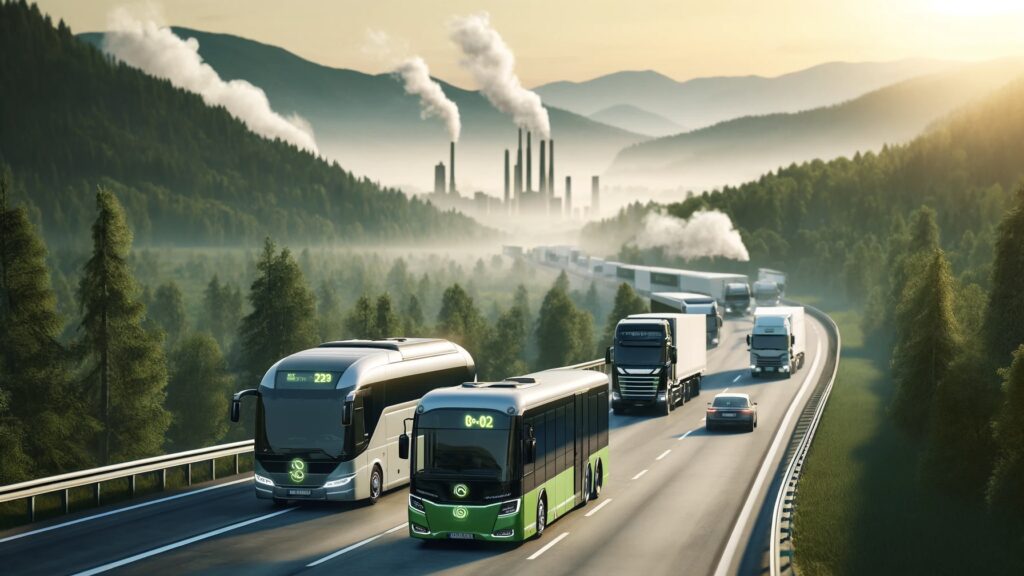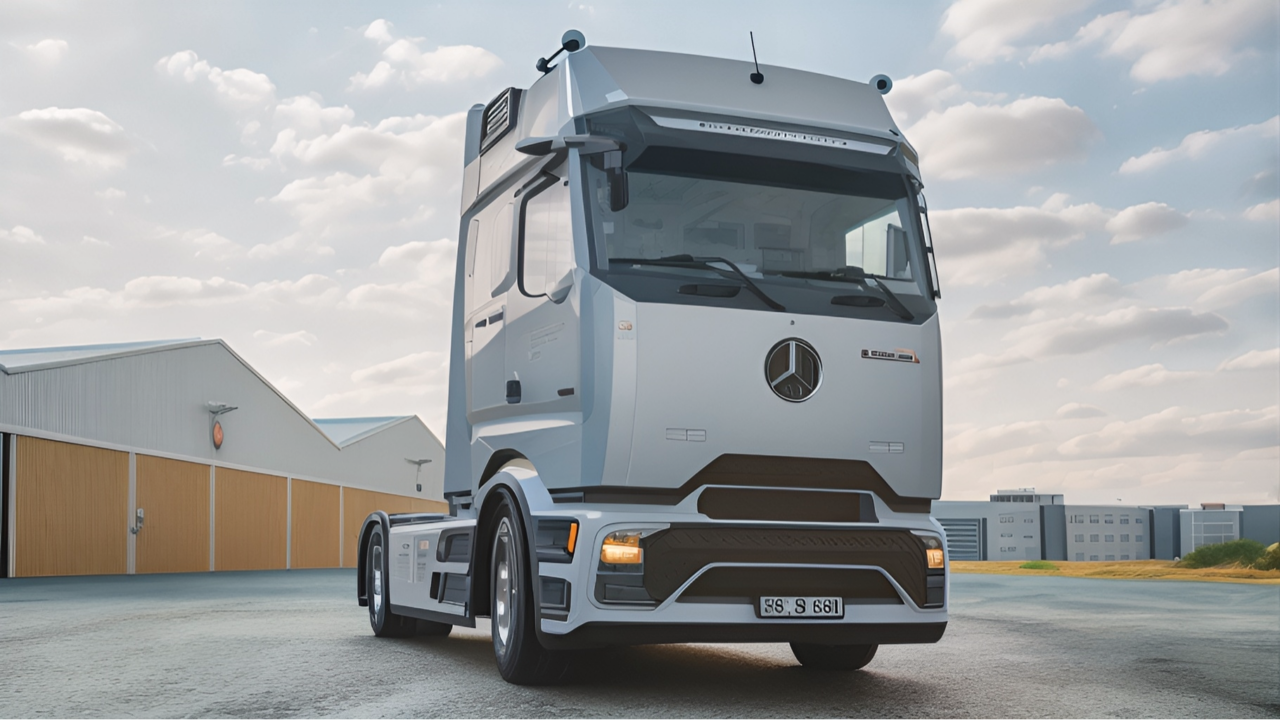The European Parliament has approved new and more stringent carbon dioxide (CO₂) emission limits for buses, trucks, and lorries. These regulations aim to make the road transport sector more environmentally friendly. Here are the details…
CO₂ limits approved for heavy vehicles like buses and trucks
Initiated in 2019, the process targets a 90% reduction in CO₂ emissions for buses, trucks, and lorries by 2040. These regulations will significantly impact the bus and truck sector.
Development of vehicles with low CO₂ emissions will be necessary, which may lead to increased vehicle and operational costs. These increases could be passed on to end consumers through transportation and travel service prices.

The fleet (fleet average carbon dioxide value) system is an existing practice in Europe for automobiles, requiring CO₂ emissions not to exceed 95 grams per kilogram.
There is also a weight correction factor adjustable for heavy vehicles like buses, trucks, and lorries. Manufacturers exceeding these limits will face a fine of 95 euros for each gram of excess. For example, if a manufacturer sells 100,000 vehicles and these vehicles exceed the emission limit by an average of 5 grams of CO₂, they will face a total fine of 47.5 million euros.
These new regulations for buses, trucks, and lorries are considered a significant step in reducing CO₂ emissions and transitioning to environmentally friendly transportation. This step will encourage manufacturers to pursue technological innovations and reduce environmental impacts.
However, the costs and impacts of these changes on the sector will be closely monitored in the coming years. What are your thoughts on these limits? Please share your views in the comments section below.














